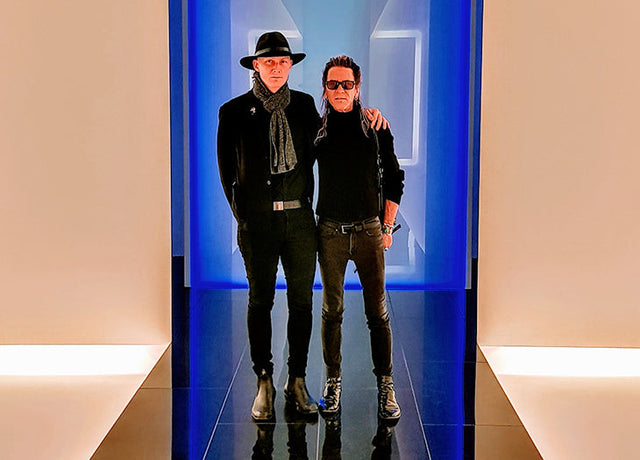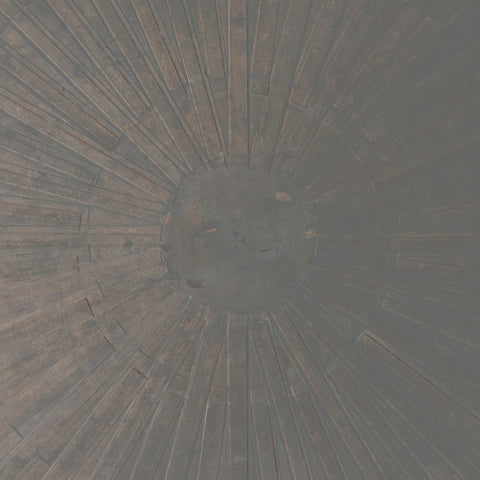William Basinski & Lawrence English

William Basinski is a classically trained musician and composer who has been working in experimental media for over 40 years – originally in NYC, and most recently Los Angeles. Employing obsolete technology and analogue tape loops, his haunting and melancholy soundscapes explore the temporal nature of life and resound with the reverberations of memory and the mystery of time. His epic 4-disc masterwork, The Disintegration Loops received international critical acclaim and was chosen as one of Pitchfork’s Top 50 Albums of 2004. The Temporary Residence Ltd. deluxe box set reissue of The Disintegration Loops (2012) was awarded the rare perfect 10.0 by Pitchfork, and ranked as Best Reissue of 2012. Installations and films made in collaboration with artist-filmmaker, James Elaine, have been presented in festivals and museums internationally, and his concerts are presented to sold-out crowds around the world. Basinski was chosen by Music Director, Antony Hegarty to create music for the Robert Wilson opera, The Life and Death of Marina Abramovic which had its world premiere at the Manchester International Festival in July 2011, and toured Europe in 2012 and North America in 2013. Orchestral transcriptions of The Disintegration Loops by Maxim Moston have been performed at The Metropolitan Museum of Art, Queen Elizabeth Hall, La Batie Festival in Geneva, Switzerland, as well as Tauron Nowa Muzyka Festival in Katowice, Poland in 2017, and the 2018 Dark Mofo Festival in Hobart,Tasmania. Basinski is currently touring the world in support of latest work, On Time Out of Time which will be released in January 2019 on 2062 and Temporary Residence Ltd.
Lawrence English is composer, artist and curator based in Australia. Working across an eclectic array of aesthetic investigations, English’s work prompts questions of field, perception and memory. He investigates the politics of perception, through live performance and installation, to create works that ponder subtle transformations of space and ask audiences to become aware of that which exists at the edge of perception.
